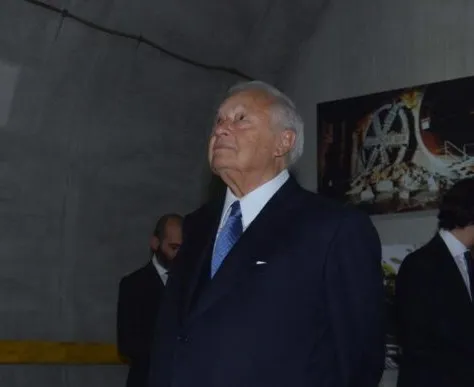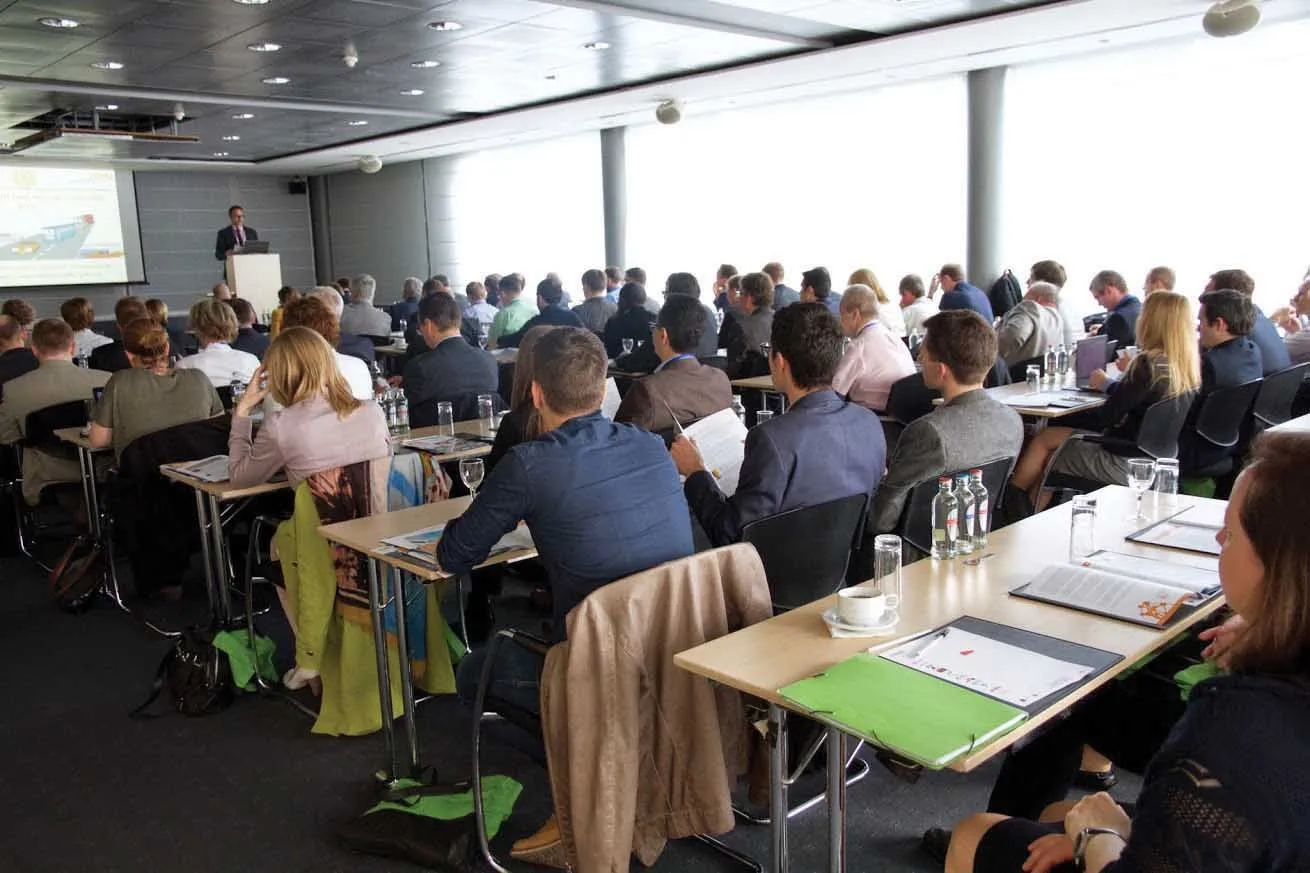Trinity Industries is setting out plans to spin-off its infrastructure-related businesses to Trinity stockholders. Scott Beasley, the currently the group chief financial officer (CFO) of Trinity’s Construction, Energy, Marine and Components businesses, will be the future CFO of the new infrastructure company upon completion of the spin-off.
James E Perry, Trinity’s senior vice president and CFO, will remain in his current role with Trinity following completion of the planned spin-off. Perry joined Trinity in 2004, and is in his eighth year as the company’s CFO.
Beasley has served in his current role since 2017. He joined the company in 2014 and previously served as vice president of Corporate Strategic Planning for Trinity Industries.
Prior to joining Trinity, Beasley was an Associate Principal with McKinsey & Company, a global management consulting firm, where he led client engagements across the transportation, energy, and industrial sectors. Previously, he worked at McMaster-Carr Supply Company for several years as an operations manager. Beasley earned a Bachelor of Arts in Economics from Duke University, and an MBA from Northwestern University’s Kellogg School of Management.
“I am pleased that James and Scott will be serving the two companies in the Chief Financial Officer roles,” said Timothy R. Wallace, Trinity’s chairman, president and chief executive officer. “Both James and Scott have contributed greatly to Trinity’s success and will play key roles in the future for the respective companies. Each of them will help to provide continuity for both companies as we prepare for the spin-off and after the transaction has been completed.”
Trinity Industries realigning businesses
Trinity Industries is setting out plans to spin-off its infrastructure-related businesses to Trinity stockholders. Scott Beasley, the currently the group chief financial officer (CFO) of Trinity’s Construction, Energy, Marine and Components businesses, will be the future CFO of the new infrastructure company upon completion of the spin-off. James E Perry, Trinity’s senior vice president and CFO, will remain in his current role with Trinity following completion of the planned spin-off. Perry joined Trinity
February 28, 2018
Read time: 2 mins







